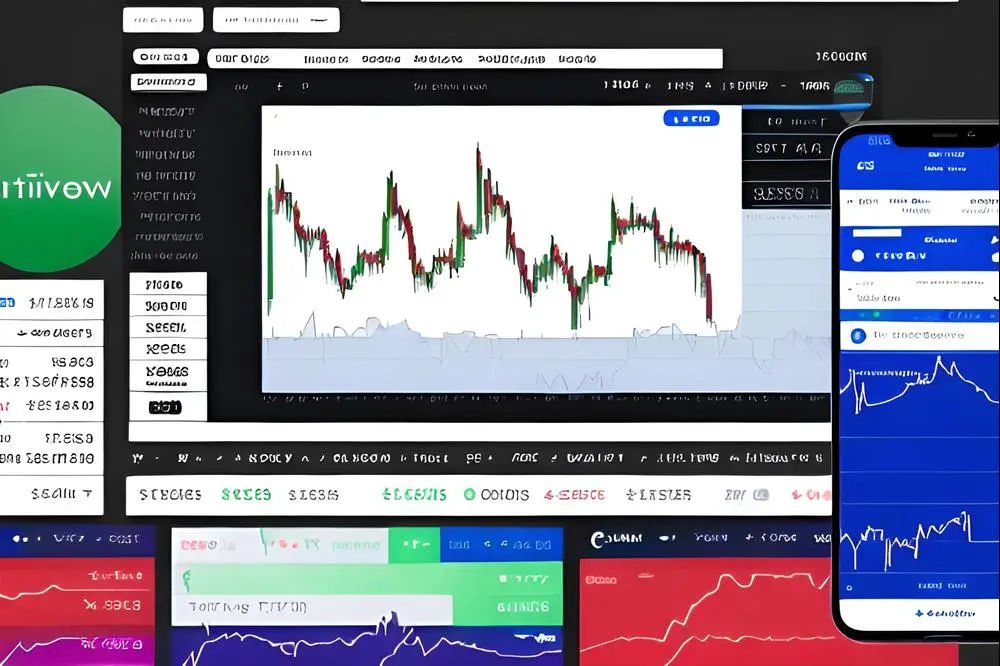Tech Founders Lead the Digital Nomad Dilemma
Do tech bros have the future of work wrong? Let’s discuss.

Don't get me wrong, there are a lot of pros to digital nomad culture. We've seen many posts by thought leaders like Balaji Srinivasan about concepts like the global passport. I myself have experienced a number of the benefits firsthand, having launched 2 ventures with mobile teams.
In March of '21, I wrote this in response to a Tweet by Andrew Pompliano about founder trends:
The digital nomad or the global entrepreneur is the new model for start-ups and entrepreneurship. And it's much more effective than the Silicon Valley version of Tech, as it doesn't rely on government grants and there's no exclusivity. Anyone can be an innovator.
Here's the truth:
People think Digital Nomad culture is aspirational. Of course it is! Who wouldn't want to be in a new city every month, have pretty views outside their window, and post envy worthy Instagram stories as they build their personal brand? Turns out, anyone who's actually trying to be productive.
In reality, digital nomadism creates a massive lack of stability and hinders professional growth, as you're always trying to find the next place to be.
In 2021, I was misguided by the allure of time freedom, flexibility, and the lower barrier to entry. I had yet to take into account the importance of consistency, and the impact a stable environment has on that.
I have also since learned what an insane time suck the transition periods can be. Travel and experience are great, but they can be huge hinders on consistent productivity. The time zone changes, the jet lag, the occasional lack of access to a desk or to Wi-Fi can all be legitimate hurdles to getting real work done.
Another case for in office work that I had not considered at the time: the benefits of proximity on time efficiency. Being in one place for a more extended period of time allows founders to build a local network they can call upon more frequently, but more importantly, it allows them to get more done, faster. And that's every start-up founder's goal.
So, let's say you've grown fond of the hybrid or remote work model, but want to avoid the impediments I laid out above. What can you do?
1. Do it all from your phone. Mobile means mobile, and this method mitigates a lot of those problems. Of course, this comes with it’s own challenges, but if you set it up right, it alleviates a lot of the nomad culture headaches.
2. Follow the 1 city per quarter method, from Nomad Capitalist. A surprisingly stable model outlined by Andrew Henderson that allows for the flexibility of nomad culture, while having the stability of one location, proximity, and a defined workspace. Can be capital intensive if done to the fullest extent.
3. Bite the bullet. You know what you signed up for. You can’t have your cake and eat it too. Tough it out, or accept that it’s the wrong model for you and your team, and go back to the in office model. Freedom and flexibility sort of fly in the face of consistency and stability.


